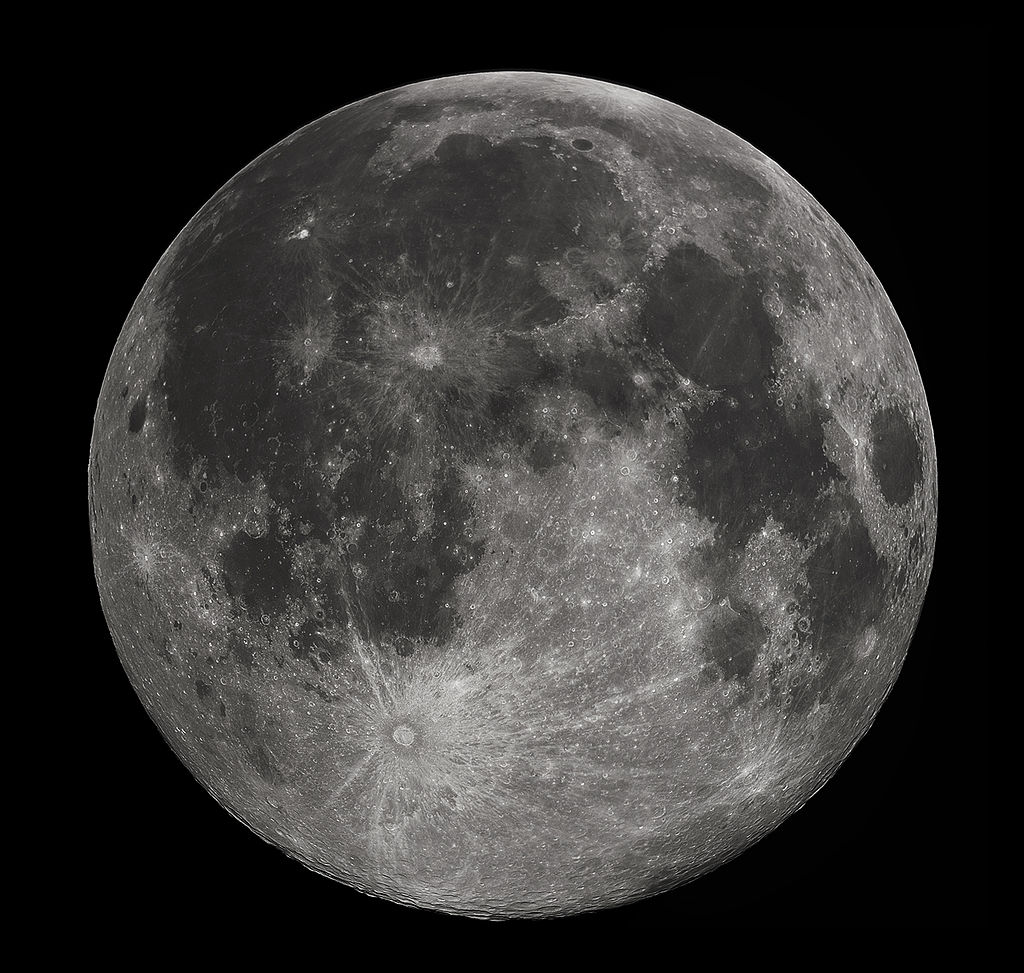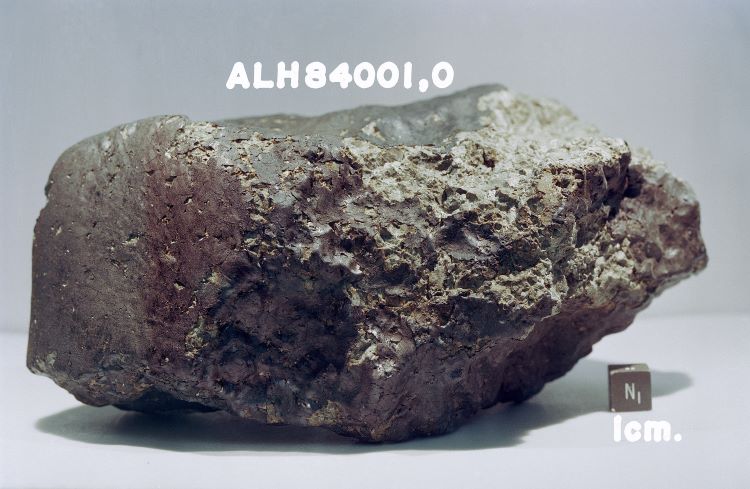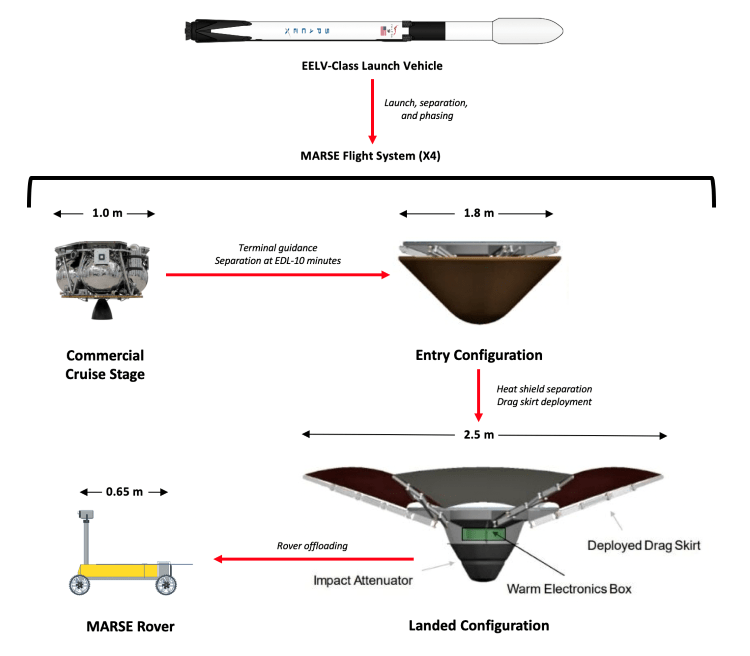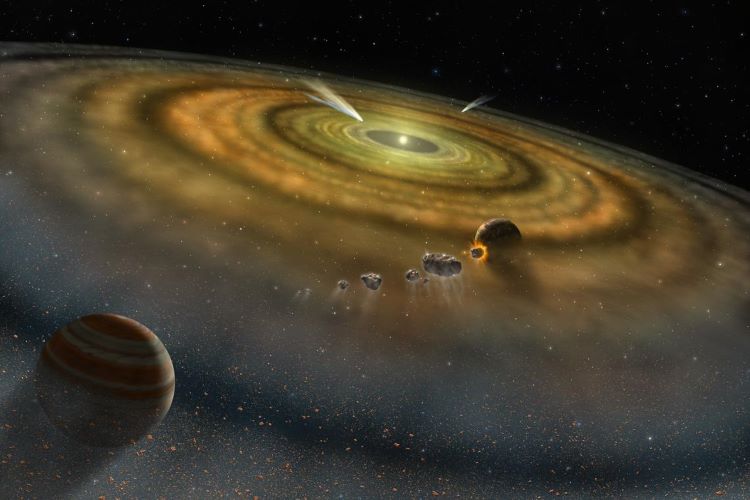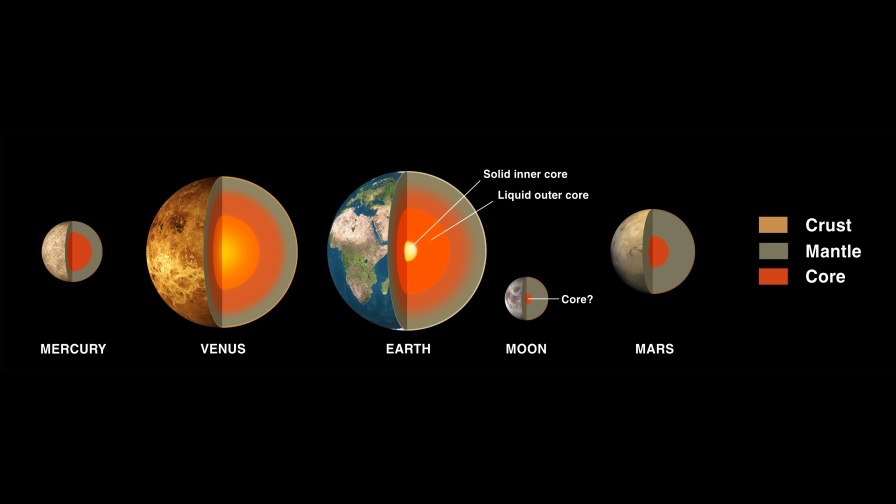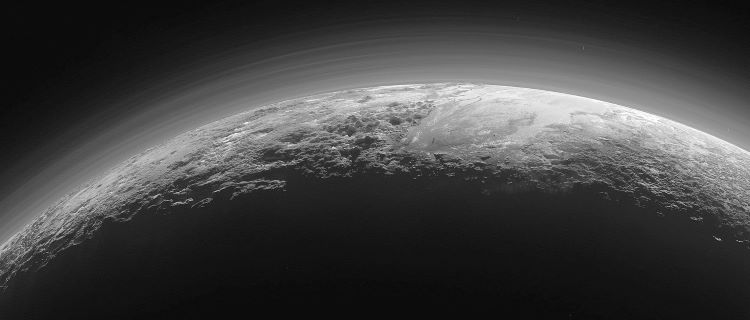Watching meteoroids enter the Earth’s atmosphere and streak across the sky as the visual spectacle known as meteors, it is one of the most awe-inspiring spectacles on Earth, often exhibiting multiple colors as they blaze through the atmosphere, which often reveals their mineral compositions. But what if we could detect and observe meteors streaking through the atmospheres of other planets that possess atmospheres, like Venus, and use this to better determine meteoroid compositions and sizes?
This is what a recently accepted study to Icarus hopes to address as a pair of international researchers investigate how a future Venus orbiter could be used to study meteors streaking through the planet’s thick atmosphere. This study holds the potential to help scientists better understand meteoroids throughout the solar system.
Continue reading “Venus is the Perfect Place to Count Meteors”

